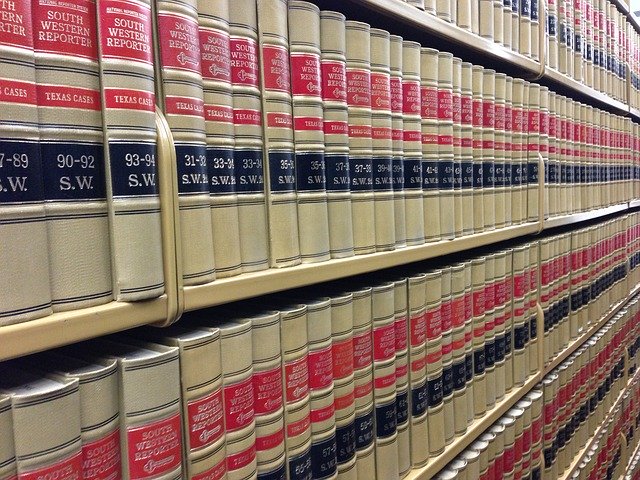Home » Course Layouts » Free Course Layout Udemy
The Bar Transfer Test enables candidates who are qualified lawyers to have the opportunity to transfer to the Bar of England and Wales, without having to undergo the full course of education and training as required in the Academic stage (qualifying law degree or conversion course) and the vocational stage (Bar professional training course).
0
59
English
English [CC]
- Learn basic syntax that can apply to any language.
- Learn what is a programming language and the basic concepts for beginners.
- Understand what is Javascript in it's truest form.
- Know the basic syntax of Javascript.
- Know some hidden quirks in Javascript.
Description
Why should one choose PLC?
You can become a Barrister by studying in Pakistan. You only have to go take the papers and attend a certain number of dinners at the Bar. The route is incredibly economical and involves only a small amount of time. A competitive lawyer, with approval from the PLC may become a barrister by taking the Premier Law College only.What University College is offering?
Premier Law College has been serving in the field of education since 1994 and is well known for its teaching and competitive faculty members. Premier Law College is offering an exclusive training program with:- Excellent Premier Law College Tuition support by a team of qualified Barristers;
- Skills-based recorded practice sessions;
- Mock assessments;
- One to one meetings regarding the feedback;
- Full application assistance;
- Help with the visa application and ticket for traveling.
 Premier Law College provides the opportunity to balance this course with family and work commitments. Moreover, the administration will always be there to help the student in-depth apart from the lectures.
Premier Law College provides the opportunity to balance this course with family and work commitments. Moreover, the administration will always be there to help the student in-depth apart from the lectures.
Entrance requirements
- Proficiency in the English language.
- License to practice in the courts of Pakistan (at least lower Court).
- Good work experience.
Procedure for Premier Law College
- Apply to University College Lahore.
- A study from our experienced faculty members.
- Sit for the examinations in the UK for August or April sitting and follow the other requirements i.e. attending dinners and qualifying sessions.
- Results are released within three months of the test.
- Call to the Bar. (Barrister title is given).
- Admission is conditional upon acceptance from Premier Law College & OpenCoursa
Modules taught
- Advocacy (Oral assessments consisting of Civil applications, cross-examination and Examination in Chief)
- Civil Litigation and Evidence
- Criminal Litigation, Evidence and Sentencing.
- Professional Ethics
Bar Transfer Test Fee: £5500
Course content
N.A
- 5 stars0
- 4 stars0
- 3 stars0
- 2 stars0
- 1 stars0
No Reviews found for this course.
Instructor
OpenCoursa
Accessible Education for Everyone
5
5
6
24772
4637
We are an educational and skills marketplace to accommodate the needs of skills enhancement and free equal education across the globe to the millions. We are bringing courses and trainings every single day for our users. We welcome everyone woth all ages, all background to learn. There is so much available to learn and deliver to the people.
Explore Free Courses
Access valuable knowledge without any cost.
{"title":"","show_title":"0","post_type":"course","taxonomy":"course-cat","term":"engineering-skills,health-and-safety","post_ids":"","course_style":"free","featured_style":"course6","masonry":"","grid_columns":"clear4 col-md-3","column_width":"268","gutter":"30","grid_number":"4","infinite":"","pagination":"","grid_excerpt_length":"20","grid_link":"1","grid_search":"0","course_type":"","css_class":"","container_css":"","custom_css":""}










